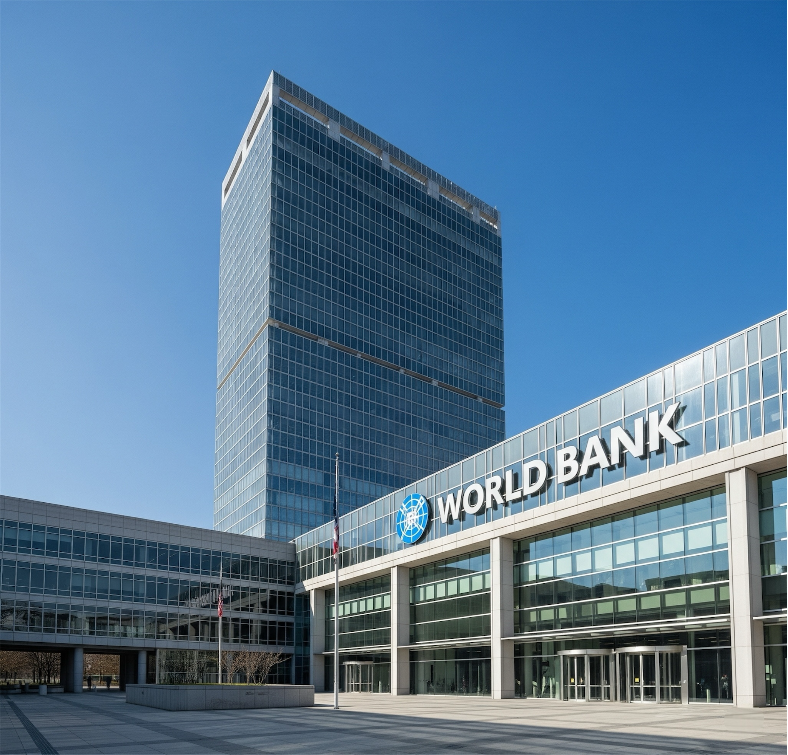In a significant move toward environmental resilience, the World Bank has approved $640 million in financing to help Bangladesh improve its energy security and air quality, two critical sectors tied to the country’s sustainable development goals. This new funding arrangement is divided between two key initiatives. The first is a $500 million program aimed at accelerating clean energy initiatives and improving power sector sustainability. The second, worth $140 million, focuses on reducing air pollution in and around Dhaka by supporting cleaner transportation and industrial practices. According to officials, the funding under the Clean Energy for Sustainable Growth Program will help Bangladesh scale up renewable energy, improve transmission capacity, and boost energy efficiency across various sectors. The plan includes investments in solar power, energy-efficient appliances, and smart grid systems. The Second Bangladesh Environmental Sustainability and Transformation (BEST-2) Project, meanwhile, is designed to reduce air pollution and protect public health. This portion of the financing will support the adoption of clean technologies in industries, regulate emissions, and improve air quality monitoring systems. Both projects aim to create greener cities, healthier environments, and resilient infrastructure. The focus on cleaner transport and industry is especially timely as urban air pollution continues to pose health risks for millions in Dhaka and other fast-growing cities. The World Bank’s Country Director for Bangladesh said the initiative will not only help modernize the power sector but also pave the way for a low-carbon future. Energy experts believe this level of targeted support could also help reduce dependence on imported fossil fuels over time. The projects also align with Bangladesh’s Mujib Climate Prosperity Plan, which envisions transforming the country into a climate-resilient economy through greener investments and cleaner energy systems. Additionally, the programs include measures for capacity building, policy reform, and institutional support, ensuring that the progress made is both measurable and long-lasting. This financing comes at a time when Bangladesh is seeking to balance rapid economic growth with environmental sustainability. With increasing global pressure to reduce emissions, these projects are expected to contribute meaningfully to the country’s climate commitments. In short, this major funding from the World Bank signals strong global support for Bangladesh’s transition to cleaner energy and safer urban environments. The success of these projects could serve as a model for other developing nations facing similar challenges.
World Bank Approves $640 Million for Bangladesh’s Energy and Air Quality Improvements
47


